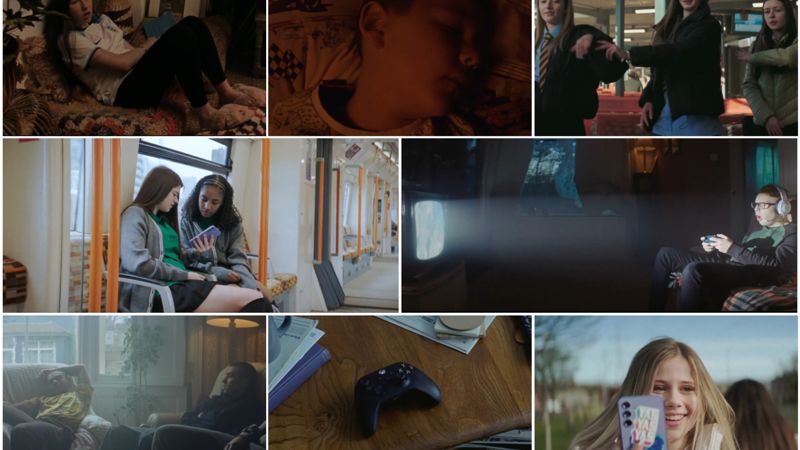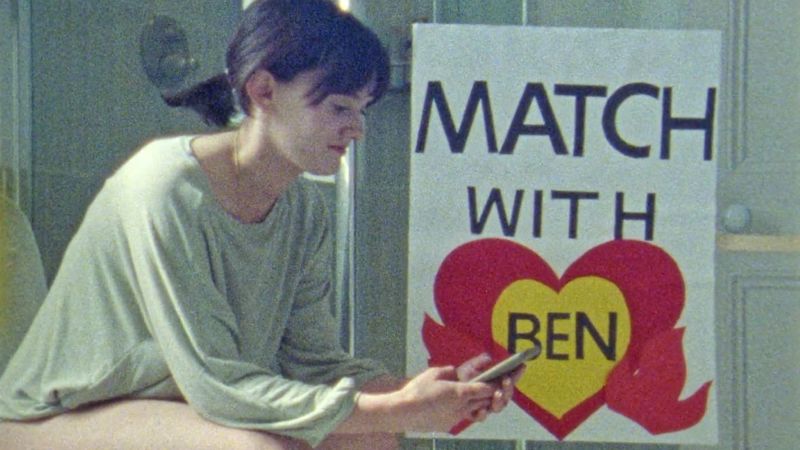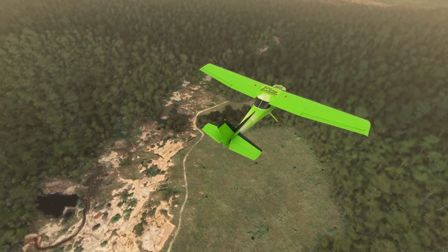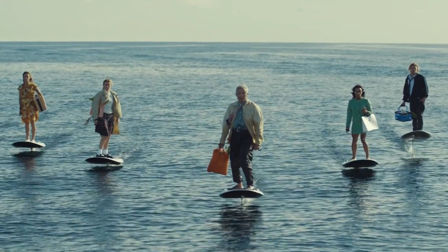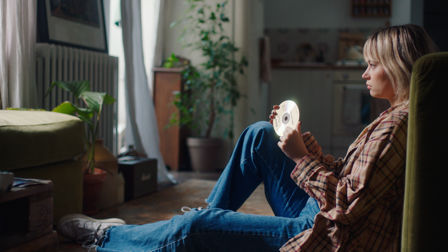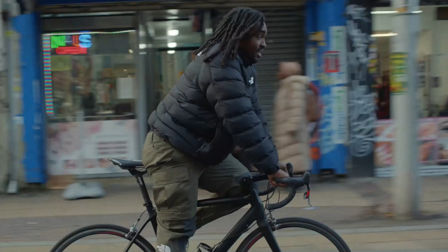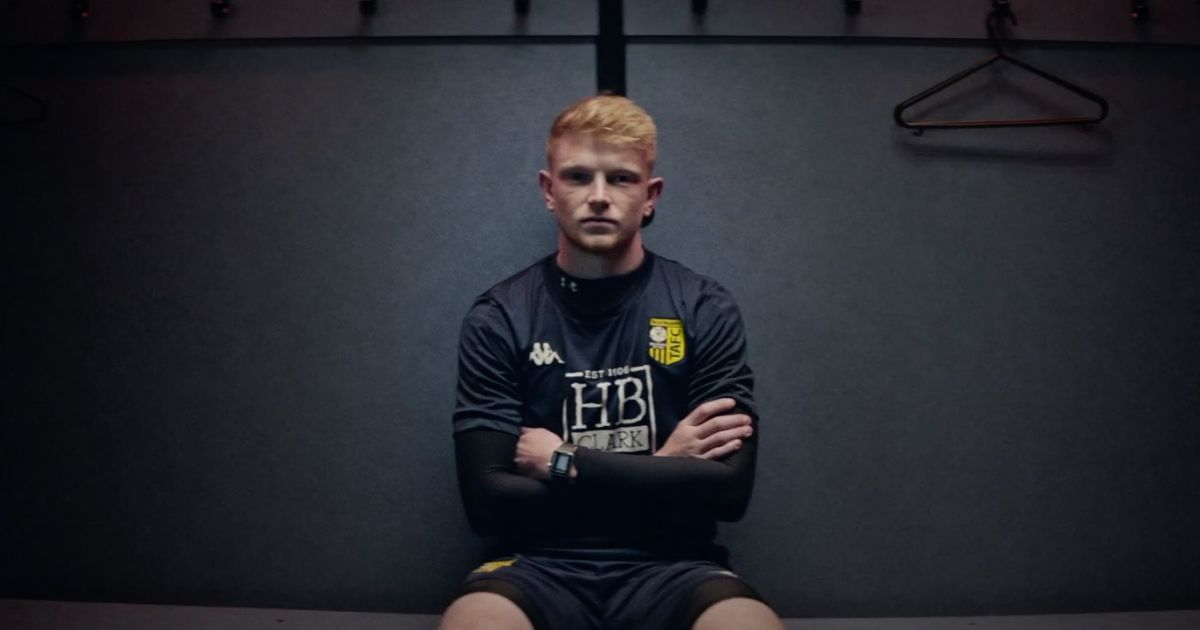How flooding pitches led to BFI recognition
Detailing how football affects, and is affected by, climate change, Tom Zaranko-Carver's enlightening and craftily constructed short, Play On, was nominated as a finalist for Best Documentary in the BFI Future Film Awards. We caught up with the director (whose day job is as a Copywriter at 180 Amsterdam) to find out how he found a film in flooding, and what industry recognition means to him.
How did the project come about? Were football and climate change two particular passions?
I was brought in as a script doctor by the film’s production company, WaterBear. They’d run a competition for young filmmakers, which had been won by a foundation working to promote sustainability in football, Football For Future.
While I’m a football fan, I’d never thought about sport in the context of climate change, so meeting the foundation and hearing some of the facts (like, 25% of UK professional clubs could be underwater by 2050) was pretty eye-opening.
What were the initial steps in its development? What were the first hurdles you encountered?
The foundation had come up with an idea of what they wanted to say in the film, but not how to say it. For me, it was a case of starting a treatment from scratch and seeing what hits. For the first couple of weeks, it was all misses. I had a grasp on the message, but not the tonality they wanted.
While I’m a football fan, I’d never thought about sport in the context of climate change.
In hindsight, I was trying to be too mature, wanting to come off as a sensible, seasoned director, when I’m anything but.
How did you find your stories? What made you pinpoint individuals rather than just giving an overview of the situation?
I was determined not to make this film just another news report on climate change, and to do that we needed characters. Thinking of them as characters and not ‘real’ individuals is probably a given for seasoned directors, but it was such a lightbulb moment for me. Suddenly your subjects stop being ‘Eddie who plays football’ and take on all the possibilities and significance and freedom of fictional characters.
I find that kind of stylistic blurring of the line between documentary and fiction incredibly exciting, and I think it’s far more entertaining for your audience.
Credits
powered by
-
-
- Director Tom Zaranko Carver
-
-
Unlock full credits and more with a Source + shots membership.
Credits
powered by
- Director Tom Zaranko Carver
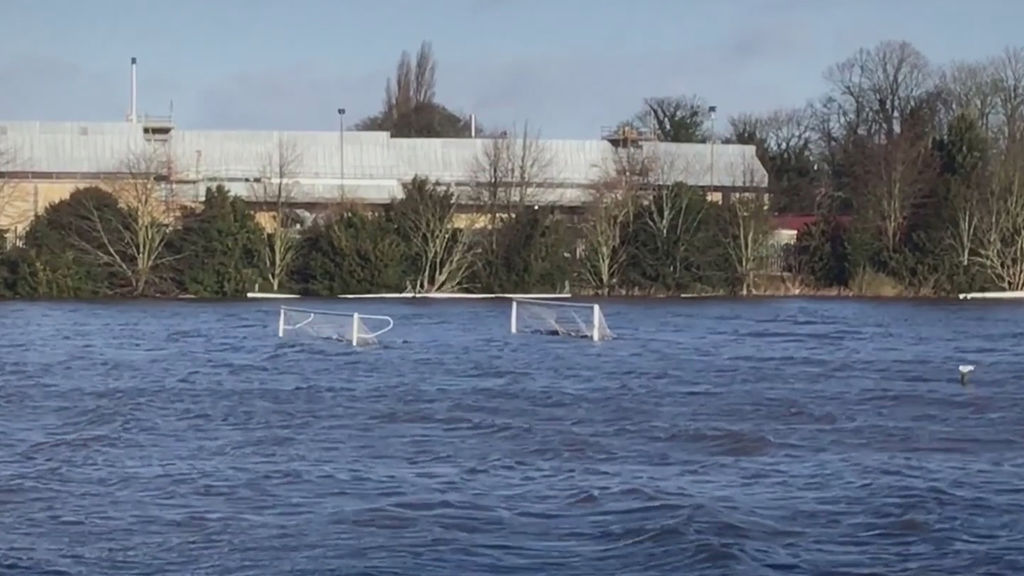
Credits
powered by
- Director Tom Zaranko Carver
How long did you shoot for? Were there any issues?
This was only a two-day shoot; one and a half days at Tadcaster Albion, then half a day at Brighton stadium.
It might sound like enough time, but because the film was so scripted (for a documentary at least), it wasn’t just ‘turn up, do some interviews and pickups, then we’ll figure it out in the edit’. I had a very clear shot-for-shot vision and we needed to hit that. So, when our main talent got Covid the day before shooting, or we were told that we only had half a day in Brighton rather than a full one, I had to pretend that I’d directed loads before, and I had all the solutions.
Thankfully, faking it to make it actually worked.
The film deals with a serious subject in quite a playful manner. Was it tough to balance tonally? How was that worked on in the edit/post?
Getting the tone of the treatment right was a massive struggle. After three rounds I was sat in front of a blank slide and just wrote: “what if Guy Ritchie did a documentary?” And something kind of clicked. Why do we have to talk seriously about serious subjects? As soon as I started to be selfish with the project, trying to make something I’d have fun making, the whole process became so easy.
The Brighton stadium walkthrough happened because I’ve always loved Soderbergh and the Ocean’s series.
I was sat in front of a blank slide and just wrote: “what if Guy Ritchie did a documentary?
The character cards are because I wanted some Lock, Stock, and Two Smoking Barrels flavour. If it comes across as balanced tonally, I’d honestly call that lucky. I was just trying to have fun.
What did you set out to achieve with the film? How would you like people to respond?
WaterBear, the production company behind the film, is also a free-to-use streaming platform. Their mission is to create and host content that drives people to take action, whether it’s donating, volunteering, signing petitions, etc. If people take anything from this film, I’d love them to become more conscious about football’s contribution to climate change, and maybe make some small changes themselves. Maybe take the bus or the train to the next away game. Maybe don’t buy the new home kit if it’s only got a new collar.
As the largest fan base in the world, small behavioural changes can have huge effects.
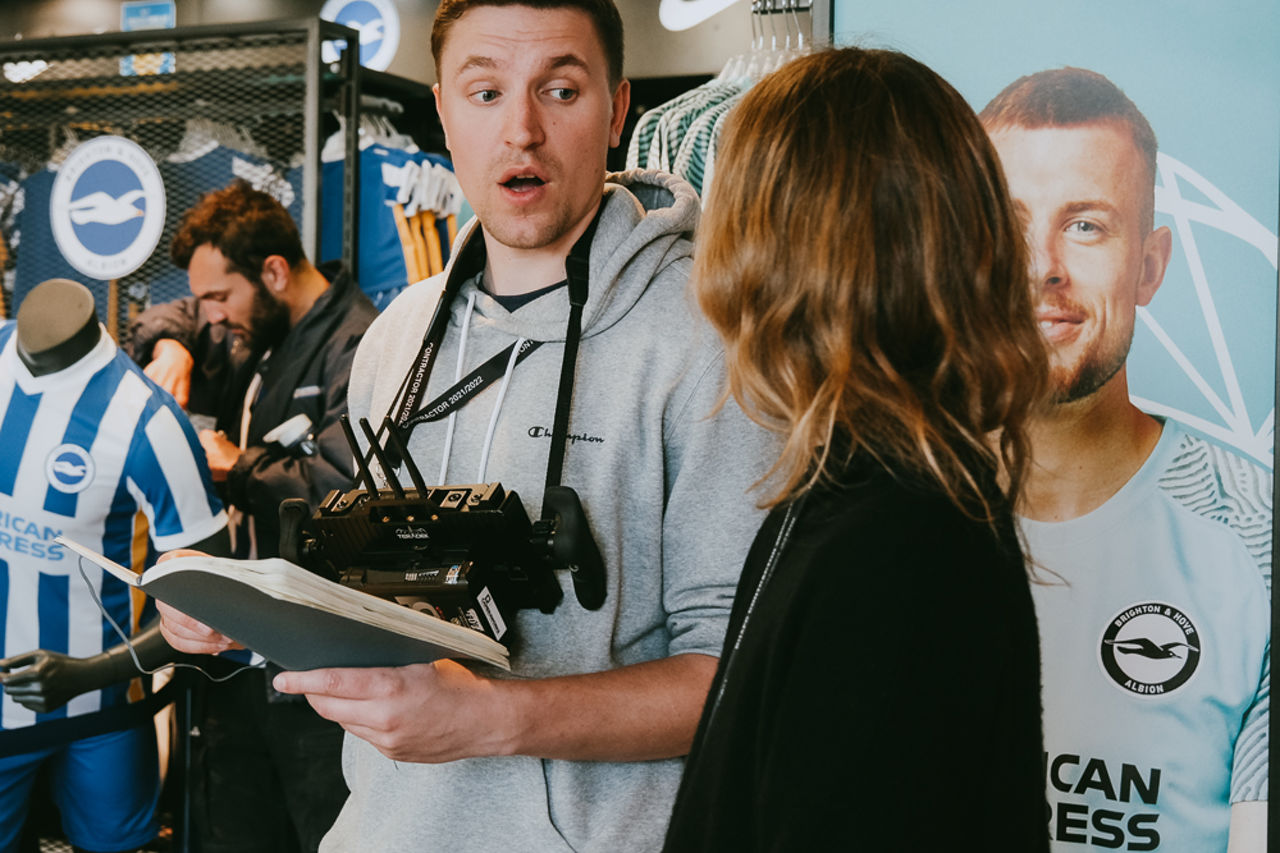
Above: Zaranko-Carver behind the scenes.
The film was a finalist for Best Documentary in the BFI Future Film Awards. Is festival recognition something you were aiming for? What does the accolade mean to you?
I’ve barely had the confidence yet to call myself a freelance director in conversations, let alone dream about awards. Watching the film back now, my ad-trained eye catches every hiccough (and there are lots!) and triggers immediate imposter syndrome thoughts. But this nomination is a testament to the significance of the story, the power of ‘the WaterBear approach’ of creating action-focused content, and to the team around me (shout out my DOP Jomar O’Meally, producer Tilly Compton, and the rest of the crew).
How do you feel that your day job as an ad creative informs your directorial style?
Finally, being behind the camera as a director (after being behind it as a somewhat powerless creative) is incredibly liberating.
I think it’s too early to say whether I have a ‘style’. All I know is that I love being able to shape the story, and I’d like to think I’ve absorbed some of the habits of the directors I’ve worked with, especially when it comes to directing talent.
If people take anything from this film, I’d love them to become more conscious about football’s contribution to climate change, and maybe make some small changes themselves.
There’s also something childishly intoxicating about being in charge of a set. Does that ever wear off?
What’s up next for you and the film?
For the film, the more eyeballs the better. It’s a topic which is slowly gaining traction (Sky Sports has started putting a focus on sustainability in football), and if awards and festivals helps spread that message further, great.
For me, I’m looking for the next person willing to let me behind the camera. I’m hoping that if I just stick to having fun, people will want to join in.
)
